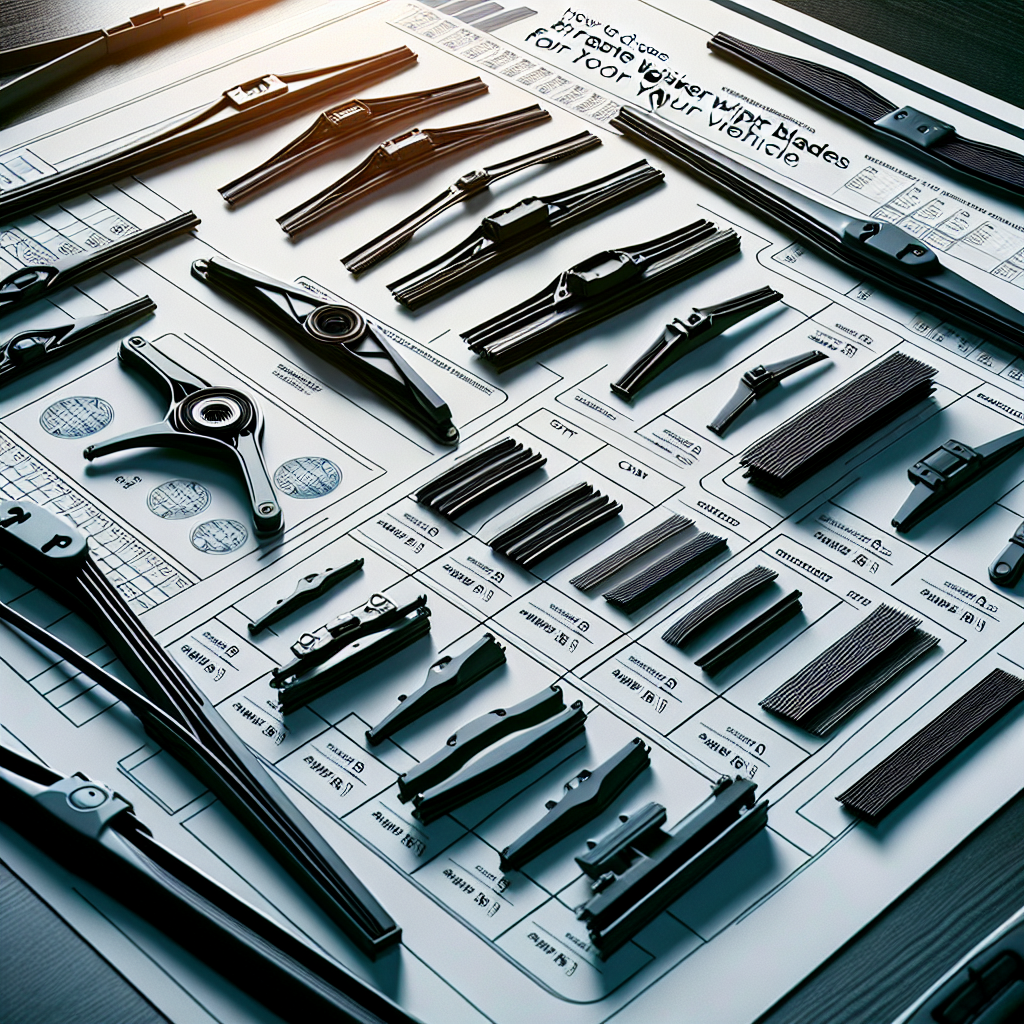Innovation on wheels is revolutionizing the auto industry, and American car makers are at the forefront of this transformative movement. They are leading the charge in autonomous driving technology, showcasing incredible advancements and making significant contributions to the realm of self-driving cars. This article delves into how major players in the United States are pioneering developments in this progressive field, reshaping the future of transportation, and addressing the challenges and opportunities that come with it.
Autonomous vehicles (AVs) are no longer a figment of science fiction; they are rapidly becoming a reality, marking a significant milestone in the evolution of mobility. At the heart of this innovation are companies like Tesla, General Motors (GM), and Ford, among others. These automotive giants are not only engineering high-tech vehicles but also fostering a diverse ecosystem of technologies that include artificial intelligence, machine learning, lidar, radar, and cameras.
Tesla: Driving the Future with AI
Tesla has been a trailblazer in the electric vehicle (EV) market, but the company’s ambitions go beyond just EVs. Tesla’s Autopilot system is one of the most advanced driver-assistance systems available today. Using a combination of cameras, ultrasonic sensors, and radar, Tesla vehicles are capable of significant autonomous functionality. The company has continually pushed the envelope with frequent software updates that enhance the autonomous features, ranging from automated lane changes to traffic-aware cruise control.
The Full Self-Driving (FSD) suite, although not fully autonomous yet, aims to provide a comprehensive experience of automated driving. The system uses neural networks to interpret the vast amounts of data received from the car’s sensors, making real-time decisions that enhance safety and efficiency.
General Motors: Pioneering Self-Driving Capabilities
General Motors has made substantial strides in the realm of autonomous driving through its subsidiary, Cruise. Acquired in 2016, Cruise is dedicated to creating fully autonomous, all-electric vehicles. GM and Cruise have been testing self-driving cars in complex urban environments, accumulating valuable data to refine their systems. The Cruise Origin, the company’s purpose-built AV, represents a bold step towards a future where cars drive themselves.
Through partnerships and rigorous testing, GM is striving to achieve an ambitious goal: a world with zero crashes, zero emissions, and zero congestion. The company’s investment in AV technology underscores its commitment to pioneering safer, more efficient future mobility.
Ford: Collaborating for Technological Advancement
Ford, an integral player in the American auto industry, is not lagging in the autonomous driving race. Collaborating with Argo AI, Ford has been making headway to deploy Level 4 self-driving cars by 2025. The partnership aims to combine Ford’s extensive automotive expertise with Argo AI’s cutting-edge artificial intelligence technology to develop a robust autonomous vehicle platform.
Ford’s efforts extend to integrating autonomous technology into commercial services. The company is exploring applications such as self-driving delivery services and ride-hailing, tapping into new business models that leverage AV technology to provide efficient, reliable transportation solutions.
Challenges and Future Prospects
While American car makers are leading the pack in autonomous driving innovation, there are still numerous challenges to overcome. Regulatory approval, safety concerns, and public acceptance are significant hurdles that need meticulous consideration. Collaboration with lawmakers, extensive testing, and public education are crucial to paving the way for widespread adoption of AVs.
Furthermore, the ethical implications of autonomous driving technology cannot be overlooked. Determining how AVs make life-and-death decisions in critical situations is a complex moral issue that requires thorough debate and consensus.
Despite these challenges, the potential benefits of autonomous driving are immense. Reduced traffic accidents, lower emissions, and enhanced mobility for individuals with disabilities or the elderly are just a few of the promising outcomes. Additionally, self-driving cars can significantly reduce traffic congestion, leading to more efficient travel and less environmental impact.
Conclusion
American car makers are at the vanguard of a revolution that promises to reshape the future of transportation. Through relentless innovation, strategic partnerships, and a firm commitment to safety and efficiency, companies like Tesla, GM, and Ford are leading the charge in making autonomous driving a reality. For further reading on the advancements in autonomous driving and related technologies, this article offers a comprehensive overview of the future of autonomous vehicles.
As technology continues to evolve, so too will the landscape of mobility, driven by the groundbreaking efforts of these American pioneers. The road ahead is promising, heralding a new era of innovation on wheels.


